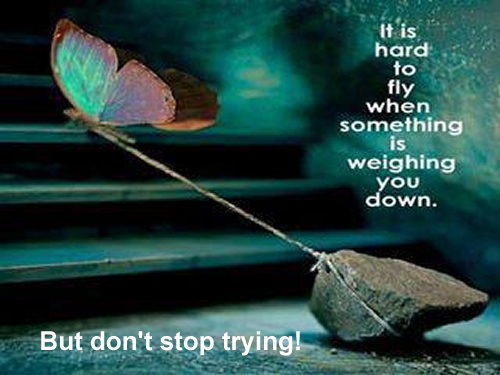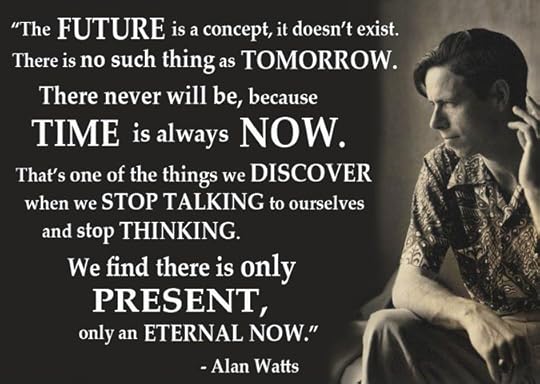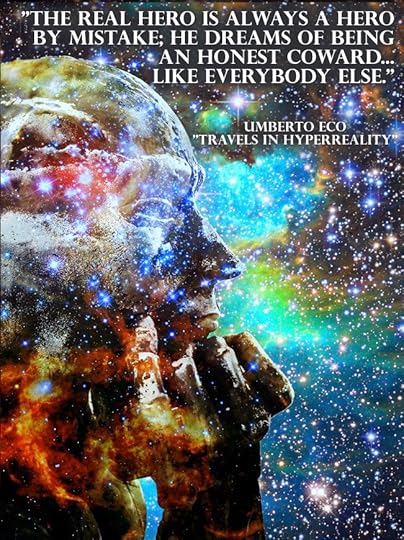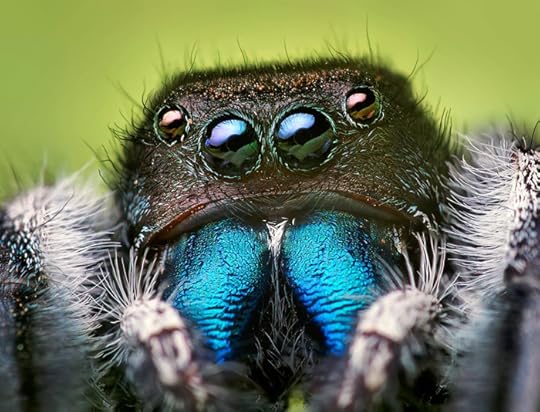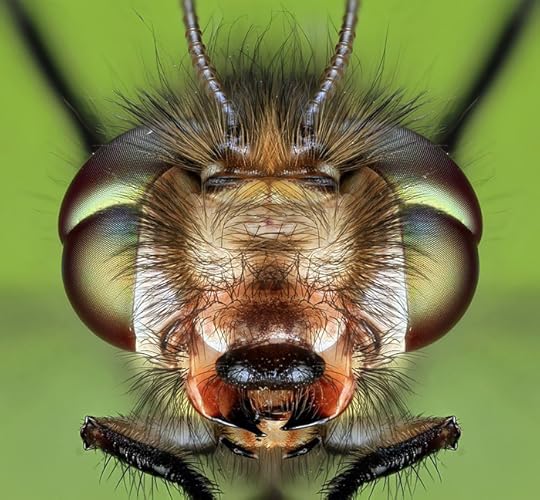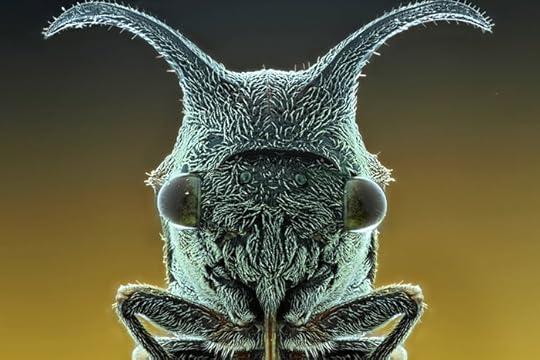Lawrence R. Spencer's Blog, page 557
May 12, 2013
FORGET EVERYTHING YOU KNOW
Jacob Barnett is a boy genius who was diagnosed with Autism. He has an IQ higher than Einstein. However, it's not the Autism or the Einstein that is really amazing.... It's what he has to SAY about creative thinking that I think is important.
Read the article link below. Watch Jacobs presentation on TED Talks.
STOP LEARNING. START THINKING. CREATE!
Boy genius diagnosed with Autism has IQ higher than Einstein

IT’S HARD TO FLY
ETERNAL NOW
Alan Wilson Watts (6 January 1915 – 16 November 1973) was a British-born philosopher, writer, and speaker, best known as an interpreter and populariser of Eastern philosophy for a Western audience. Born in Chislehurst, he moved to the United States in 1938 and began Zen training in New York. Pursuing a career, he attended Seabury-Western Theological Seminary, where he received a master's degree in theology. Watts became an Episcopal priest but left the ministry in 1950 and moved to California, where he joined the faculty of the American Academy of Asian Studies.
Living on the West Coast, Watts gained a large following in the San Francisco Bay Area while working as a volunteer programmer at KPFA, a Pacifica Radio station in Berkeley. Watts wrote more than 25 books and articles on subjects important to Eastern and Western religion, introducing the then-burgeoning youth culture to The Way of Zen (1957), one of the first bestselling books on Buddhism. In Psychotherapy East and West (1961), Watts proposed that Buddhism could be thought of as a form of psychotherapy and not a religion. He also explored human consciousness, in the essay "The New Alchemy" (1958), and in the book The Joyous Cosmology (1962).

May 10, 2013
A REAL HERO
"An early description of the way contemporary culture is now full of re-creations and themed environments was provided by Umberto Eco. In a brilliant essay, Eco saw that we create these realistic fabrications in an effort to come up with something that is better than real -- a description that is true of virtually all fiction and culture, which gives us things that are more exciting, more beautiful, more inspiring, more terrifying, and generally more interesting than what we encounter in everyday life. In his description of Disney, Eco also saw that behind the facades lurks a sales pitch. Put these ideas together and you have a succinct characterization of the age, which is forever offering us something that seems better than real in order to sell us something." -- Umberto Eco (born 5 January 1932 -- ) is an Italian semiotician, essayist, philosopher, literary critic, and novelist.

SUPER-RELATIONSHIPS
May 9, 2013
TRUTH DEFENDS ITSELF
ALREADY BEEN TO HELL
May 7, 2013
MOURNING OF ANGELS
MULTIPLE POINTS OF VIEW
INSECTS SEE MORE MORE CLEARLY USING MULTIPLE POINTS OF VIEW....MAYBE WE CAN TOO?
"Compound and human eyes are essentially the same in some respect. The main difference is that compound eyes are made up of many individual eyes (called ommatidia), each forming its own image. Thus, the insect brain receives and processes many images and converts them into "pictures" made up of many pieces, like a puzzle. Compare it to watching a single scene on many screens showing slightly different perspectives. The image produced by each ommatidium is very small but collectively, an insect's ommatidia can cover almost a 360-degree field of view, allowing good binocular vision in all directions, important for capturing prey and avoiding predators. They're especially good at detecting motion, because images pass successively across the ommatidia. That's why it's so hard to sneak up on insects!
Insect vision surpasses human vision in several other ways. Insects can see well into the ultraviolet end of the light spectrum, to which we are completely blind. Insect eyes function well at different light intensities, including much lower intensities (i.e., darker conditions) than ours. Many insect eyes also can detect the plane of polarized light, which is useful for orientation on cloudy days.
Insects' simple eyes are called ocelli, and they are more different from compound eyes than compound eyes are from human eyes. Many adult insects have two or three and some larvae have up to six. Each ocellus consists of up to 1000 or so sensory cells and a single lens. Ocelli respond to the intensity and direction of light but do not form images. They do form a highly sensitive and fast-reacting system that helps the insect preserve stability in flight."

May 6, 2013
THE ULTIMATE TERRORISM: WILLING SERVITUDE
Aldous Huxley - Speech at UC Berkeley, The Ultimate Revolution -- 1962.
Aldous Leonard Huxley (26 July 1894 – 22 November 1963)
His brother, Jullian Huxley, was the head of the Rockefeller Eugenics Program, later given with $10 million to Hitler, and the founder of UNESCO that later became Agenda 21.
Aldous Huxley author of Brave New World speaking at U.C. Berkeley in 1962. Aldous Huxley uses this speaking opportunity to outline his vision for the 'ultimate revolution', a scientific dictatorship where people will be conditioned to enjoy their servitude, and will pose little opposition to the 'ruling oligarchy', as he puts it. He also takes a moment to compare his book, "Brave New World," to George Orwell's "1984" and considers the technique in the latter too outdated for actual implementation.
"There will be, in the next generation or so, a pharmacological method of making people love their servitude, and producing dictatorship without tears, so to speak, producing a kind of painless concentration camp for entire societies, so that people will in fact have their liberties taken away from them, but will rather enjoy it, because they will be distracted from any desire to rebel by propaganda or brainwashing, or brainwashing enhanced by pharmacological methods. And this seems to be the final revolution." -- Aldous Huxley, Tavistock Group, California Medical School, 1961
Brave New World is a novel written in 1931 by Aldous Huxley and published in 1932. Set in London of AD 2540 (632 A.F. – "After Ford" – in the book), the novel anticipates developments in reproductive technology, sleep-learning, psychological manipulation, and operant conditioning that combine to profoundly change society. Huxley answered this book with a reassessment in an essay, Brave New World Revisited (1958) and with his final work, a novel titled Island (1962).
In 1999, the Modern Library ranked Brave New World fifth on its list of the 100 best English-language novels of the 20th century.



